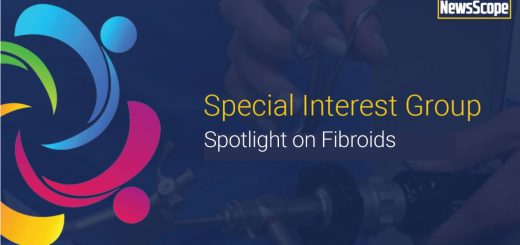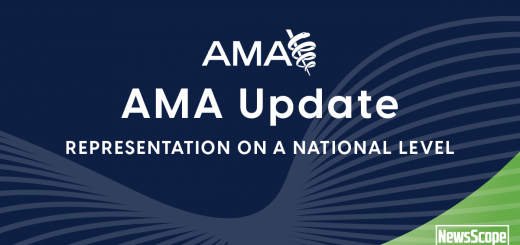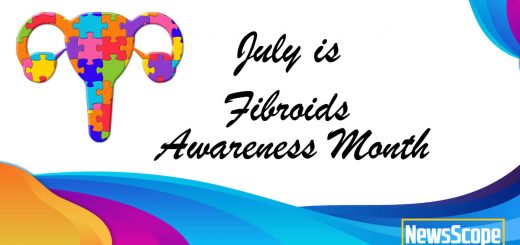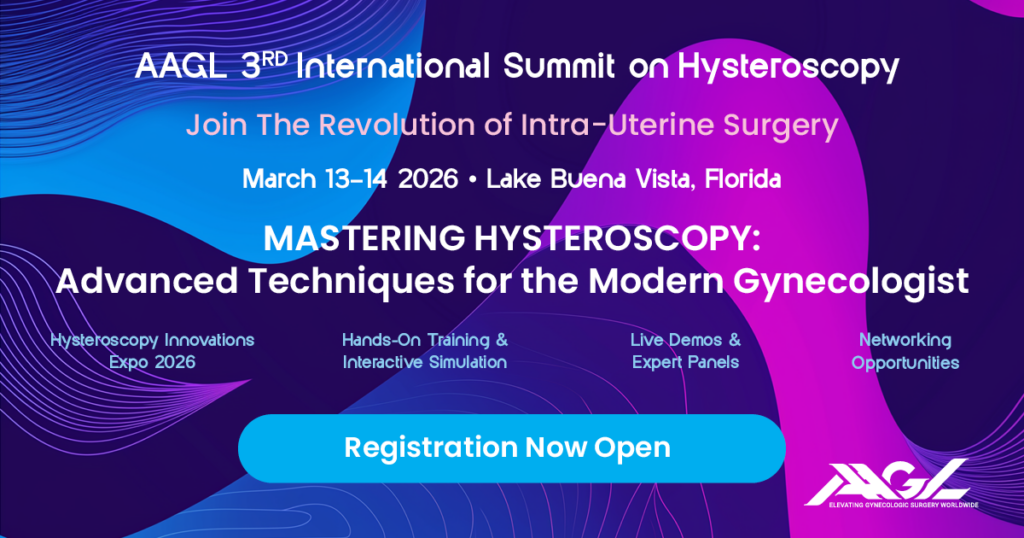Highlights of the 24th Annual Advanced Workshop on Minimally Invasive Gynecologic Surgery and Laparoscopic Hysterectomy
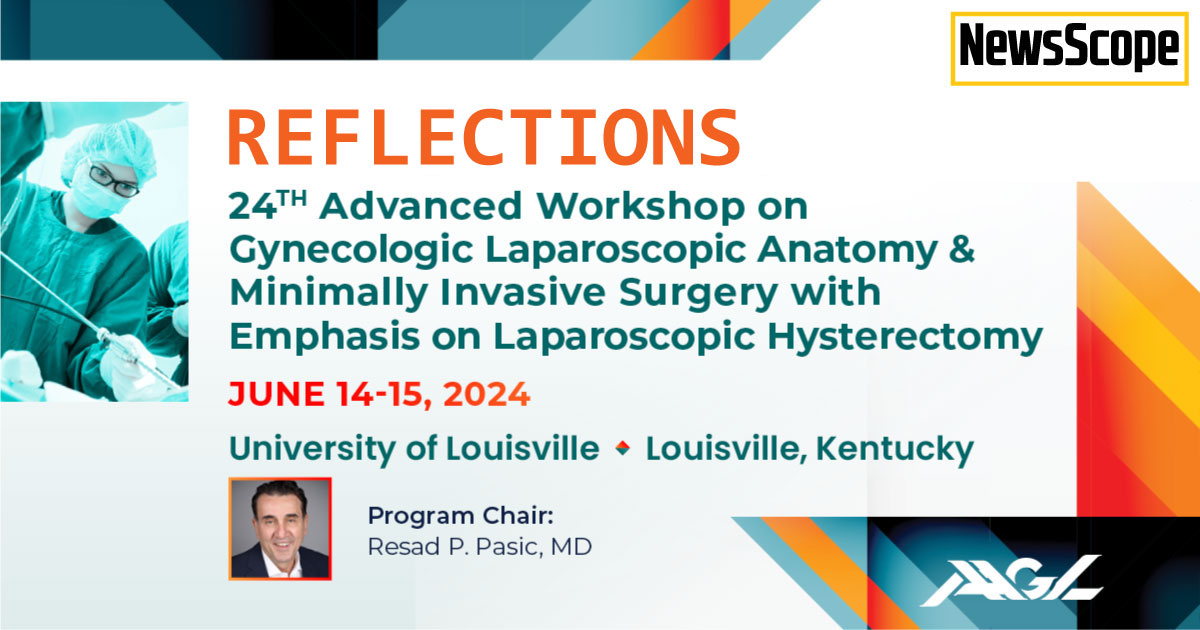
The 24th Annual Advanced Workshop on Minimally Invasive Gynecologic Surgery (MIGS) and Laparoscopic Hysterectomy hosted by the AAGL was a transformative experience that left a lasting impression on all participants and faculty. This two-day intensive course, held in a vibrant atmosphere of shared knowledge and innovation, provided an unparalleled opportunity for learning, skill enhancement, and professional growth.
The workshop commenced with a series of insightful lectures delivered by esteemed faculty members who are leaders in the field of MIGS. Topics ranged from foundational pelvic anatomy to advanced techniques in laparoscopic hysterectomy, as well as the vital topic of complications of laparoscopy. Each lecture was meticulously crafted to blend theoretical knowledge with practical application, ensuring that participants gained a comprehensive understanding of the intricacies involved. Another helpful component of the workshop was the video demonstration of a systematic laparoscopic cadaver dissection. Witnessing the procedure on a real cadaver allowed participants to appreciate the delicate maneuvers and precise techniques required in minimally invasive surgery and review the anatomy.
 Hands-on learning was the cornerstone of the workshop, exemplified by the laparoscopic suturing session on the first day and the full-day cadaver dissection session on the second day. The laparoscopic suturing session provided a crucial opportunity for participants to hone their suturing skills under the guidance of experienced mentors. This practical experience was invaluable for bridging the gap between theory and application.
Hands-on learning was the cornerstone of the workshop, exemplified by the laparoscopic suturing session on the first day and the full-day cadaver dissection session on the second day. The laparoscopic suturing session provided a crucial opportunity for participants to hone their suturing skills under the guidance of experienced mentors. This practical experience was invaluable for bridging the gap between theory and application.
The cadaver dissection session was a truly immersive experience, where small groups of participants collaborated closely with faculty members. Working directly with cadaveric specimens allowed them to apply their knowledge in a realistic surgical setting, navigating anatomical nuances and practicing advanced techniques under expert supervision. This interactive format fostered a dynamic exchange of ideas and insights among participants from diverse backgrounds and experience levels, including general OBGYNs, MIGS fellows and specialists from across the country.
 Beyond the technical skills acquired, the workshop nurtured a sense of camaraderie and collaboration among attendees. Networking opportunities were abundant, facilitated by social events and informal discussions throughout the program. Engaging with peers and mentors alike enriched the learning experience and encouraged interdisciplinary collaboration for the betterment of patient care.
Beyond the technical skills acquired, the workshop nurtured a sense of camaraderie and collaboration among attendees. Networking opportunities were abundant, facilitated by social events and informal discussions throughout the program. Engaging with peers and mentors alike enriched the learning experience and encouraged interdisciplinary collaboration for the betterment of patient care.
In conclusion, the 24th Annual Advanced Workshop on MIGS and Laparoscopic Hysterectomy was not merely a conference but a pivotal moment in my professional development. It reinforced the importance of continuous learning, innovation, and collaboration in delivering optimal patient outcomes. It was a testament to the continuous evolution and refinement of surgical practices in gynecology. We hope participants left the workshop inspired and empowered, eager to apply newfound knowledge and skills in their daily practice, with a renewed commitment to excellence in MIGS.

